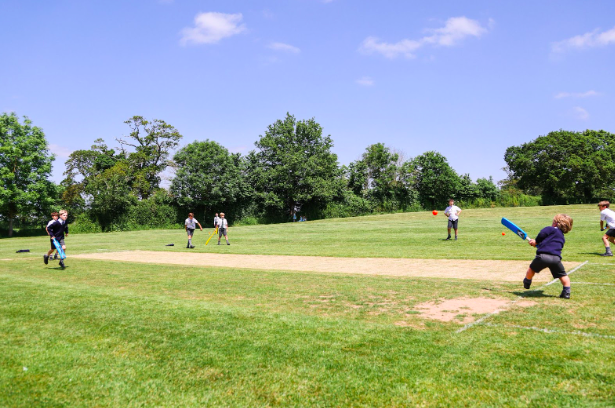Education takes place in many forms and even after school, people will find new things to learn about and new ways to learn. Views on education are usually subjective and depend on personal experience of it, but in recent years there have been shifts in teaching and learning, which has meant there have been many new approaches to learning established in the 21st century. Take a look below at the many paths to learning used around the world today.
Talking Education
Many educators believe that using videos or films to teach concepts helps students retain more. Students enjoy movement, television and film at home, so utilising this in an educational environment can change the meaning of learning for many students, particularly those who have a problem with paying attention and staying focused.
Lesson Study
Lesson study is a learning approach that promotes the idea that teachers are constantly improving and adapting their style of teaching, based on student’s reactions and performance. Though this sounds like how teachers already work, it involves closer collaboration between teachers and pupils, requiring constant change. This means the students never stop learning, as there is always something new and different in front of them.
Self-directed
Learning independently can be challenging, even for the most motivated students, and so it is often good to help children do self-directed learning from a young age. Self-directed learning involves the student evaluating themselves in all areas, and setting goals, with the guidance of a teacher, which includes targets for what they are studying and a schedule for doing this. The St Peter’s School Baccalaureate® epitomises this.
Constructive Struggling
Constructive Struggling is a Japanese form of teaching, and it allows the students to struggle through a lesson with guidance from the teacher. The approach helps the student understand it is ok to fail and not to be embarrassed about the mistakes they make and to learn from the failures they have made. The teacher should also encourage the students to learn from this, so they know what changes to make in the future.
Learning with Technologies
Using technologies has been shown to improve students learning, especially in the 21st Century when children are growing up with easy access to technology. The learning approach doesn’t just teach children how to use technology for their education but also how to use it safely and be aware of the dangers that can come with it.
Mobile Education
Wherever we go, we carry our smartphones with us, giving us an instant connection to the wider world and extensive information. A question can arise in a conversation, and we can find the answer within seconds. Mobile education or mobile learning uses laptops, tablets, mobile phones and other handheld electronic devices, and is convenient as it allows education to happen virtually anywhere, whether in a classroom or outdoors on the school field.
Vocational Training
Vocational training has become more popular in education, particularly as an alternative for those who are not interested in going into higher education. Vocational training is a source of study for anyone who wants to specialise in particular industries and provides job-specific training. By focussing on hands-on instruction, students can get a clearer idea of the vocation.
Gamification
The concept of gamification of learning involves introducing the gaming experience into a learning environment. Students follow a video game design to maximise enjoyment and engagement, encouraging competition, point scoring and adapting to improve throughout the game. With many children interested in video gaming, these methods have positive effects in the classroom.
At St Peter’s Prep private school, Devon, we make sure our pupils are learning to the best of their ability using a variety of educational practices. If you want to know more about the curriculum and topics taught at the school, request a brochure or submit an enquiry.









